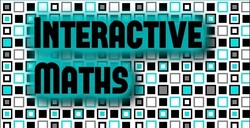- Analysis and Approaches Standard Level (AA SL)
- Analysis and Approaches Higher Level (AA HL)
- Applications and Interpretations Standard Level (AI SL)
- Applications and Interpretations Higher Level (AI HL)
|
Next week we have our taster lessons for the new IB cohort. The IB syllabus has changed this year, and there are now four options that students can choose from. I will be teaching the AA SL course next year, and for the taster classes we wanted to choose a topic that would show the difference between the courses. We (well I wasn't actually in the meeting, but I agree) chose to use proof. This will make good use of algebra skills, ensuring students know this is a pre-requisite for this course, but also gets to the heart of Mathematics. In preparing for this I have put together a couple of documents. First is this learning map which shows an overview of proof as a topic. They will only need to do Direct Proof and Disproof by Counter Example in the AA SL course (though Induction and Contradiction are in AA HL), but I think giving them a broader picture is important. I will reveal this a step at a time, as the powerpoint builds up slide by slide (something like in the gif below). I also put together a lesson sheet for the topic. I have talked before about how I have started using lesson sheets in IB and booklets in IGCSE. This lesson sheet includes examples and plenty of your turns for the students to have a go at, to test their skills in proof. We will see how the lessons go next week, and I will post an update.
1 Comment
In Better Conversations, Jim Knight briefly talks about the power of assumptions. We all have different core beliefs and assumptions, and often disagreements that we have are based on differing assumptions that we hold. This is true in all aspects of life, including our views on education. The problem with assumptions is that we tend to defend them aggressively when we feel they are being attacked. By sharing our underlying assumptions we can help each other see why we disagree, which should help conversations be more constructive. If we do not know the assumptions our conversation partner holds, then we are liable to think they are stupid for what they are saying, as we are judging their comments against our own assumptions. These assumptions (or beliefs, values, opinions) feed into everything we say and do, so helping others to understand them will help others to understand our points. Similarly, by finding out the underlying assumptions of others, we are in a better position to understand their points. So, here are some assumptions I hold about education. 1. Conversations should focus on the learning There are a lot of things going on in a school, but the primary purpose is to give students the best learning opportunities that we can. For this reason, conversations we have in schools should focus on the learning of the students as much as possible. By keeping a relentless focus on learning within meetings, we don't waste precious time talking about things that will not affect student learning. Just like Willingham suggests we plan by thinking about what students will be thinking at each stage, when in meetings we should always be thinking about how this will impact student learning. If the answer is "Not Much", then we need to consider if we could be talking about something more impactful. I get frustrated when conversations become focused on details that have little impact on student learning, and I will always try to bring it back to what I think is the most important thing for us to be discussing. Of course, that doesn't mean we should agree on everything about learning, but focusing our discussions on this will give us the biggest chance of having the best impact we can.
I recently read the excellent Making Every Maths Lesson Count by Emma McCrea. Like the original, it is an engaging read, but I really liked the subject specific ideas that this version had to offer over the original. In this post I am going to identify 1 idea from each chapter that I am going to work on over the next year or so. 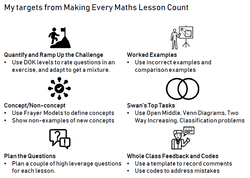 |
Dan Rodriguez-Clark
I am a maths teacher looking to share good ideas for use in the classroom, with a current interest in integrating educational research into my practice. Categories
All
Archives
August 2021
|
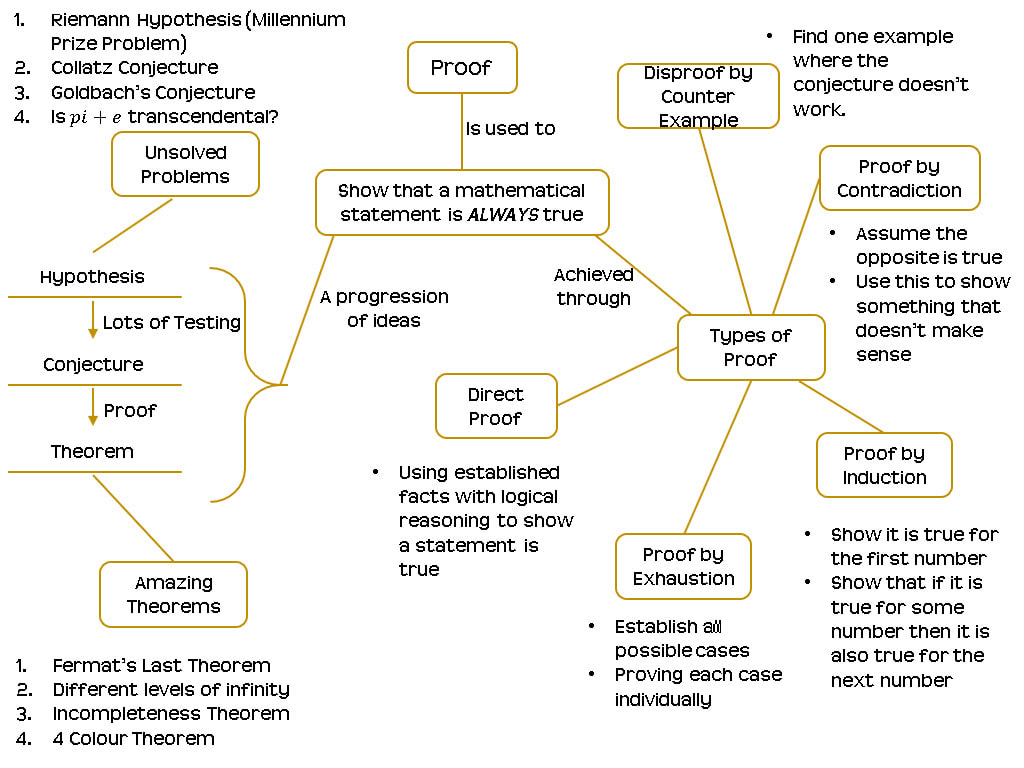
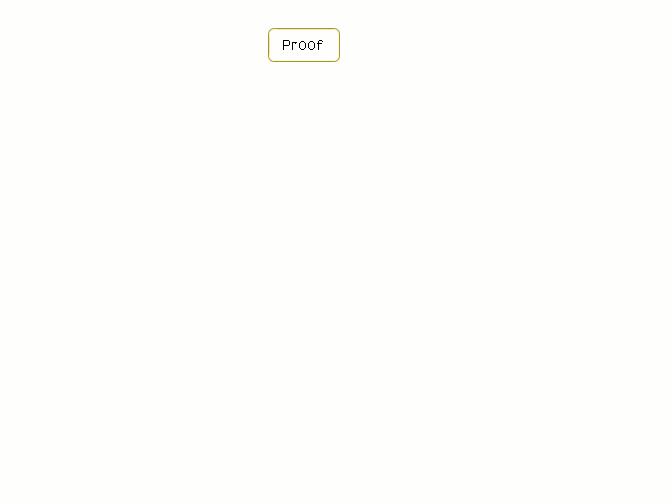
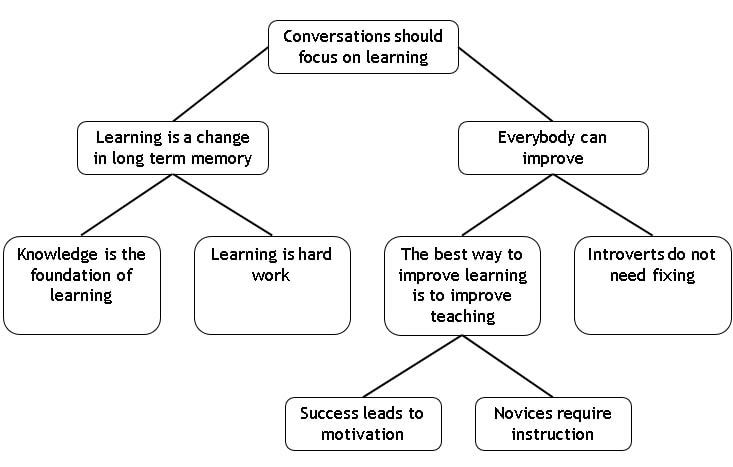
 RSS Feed
RSS Feed
